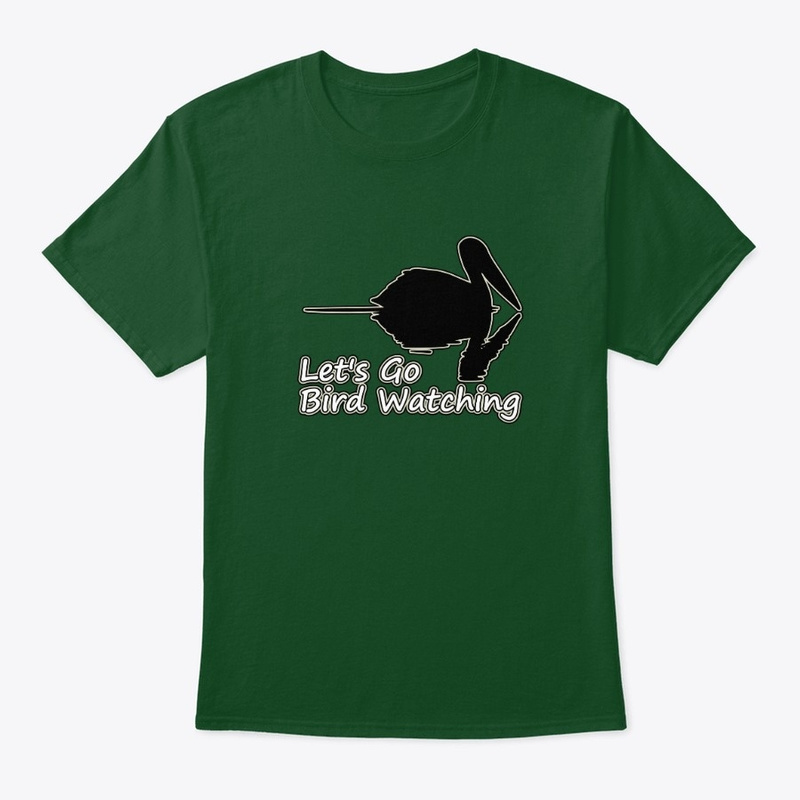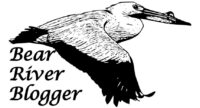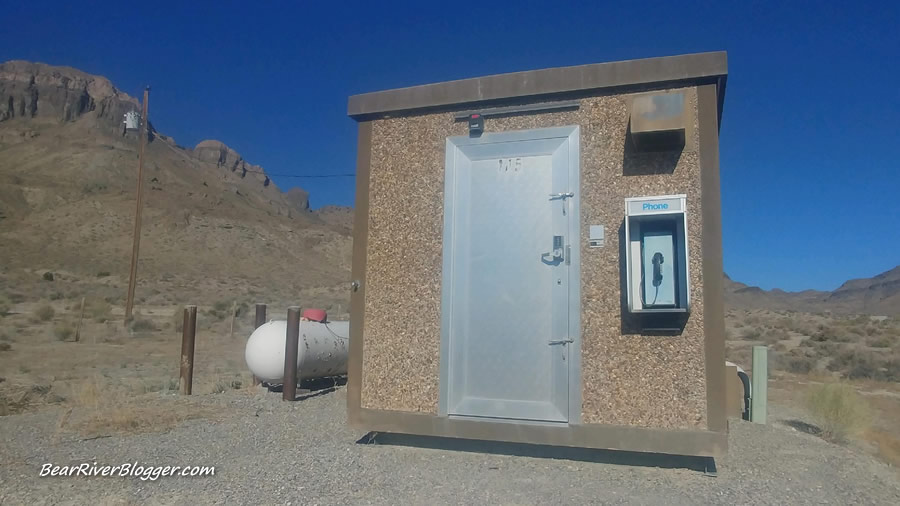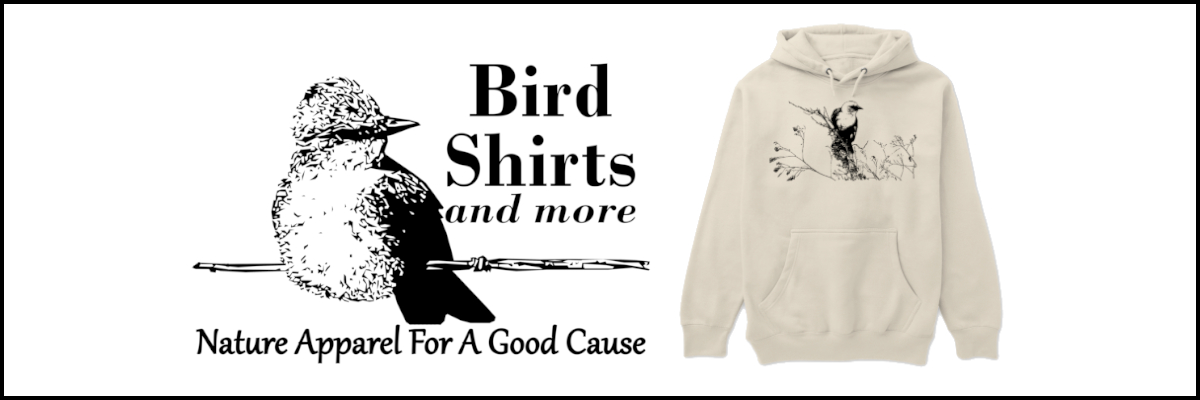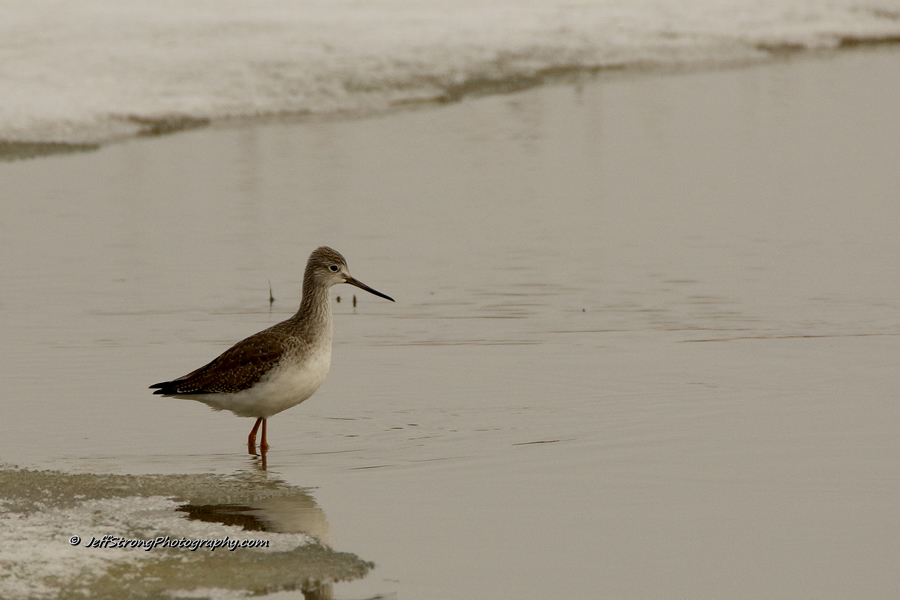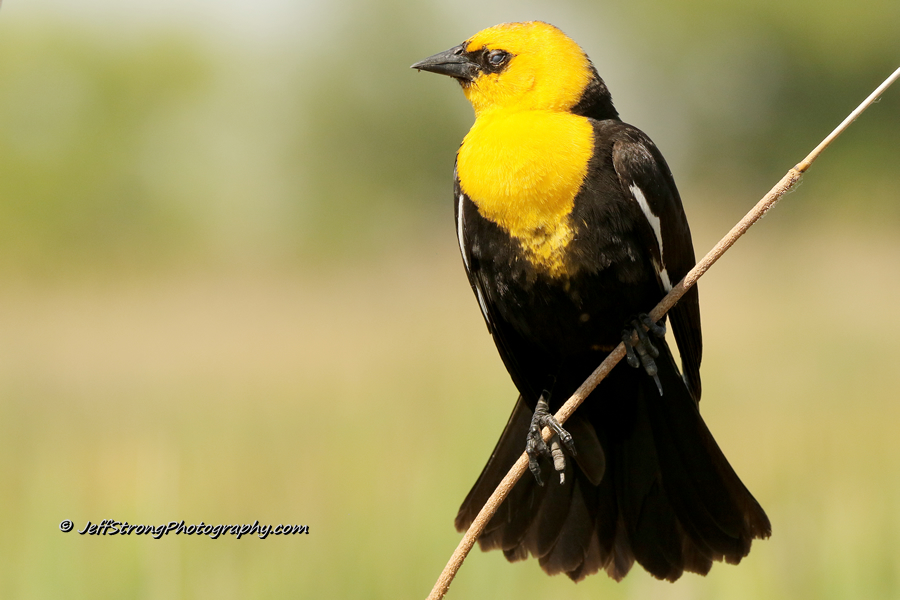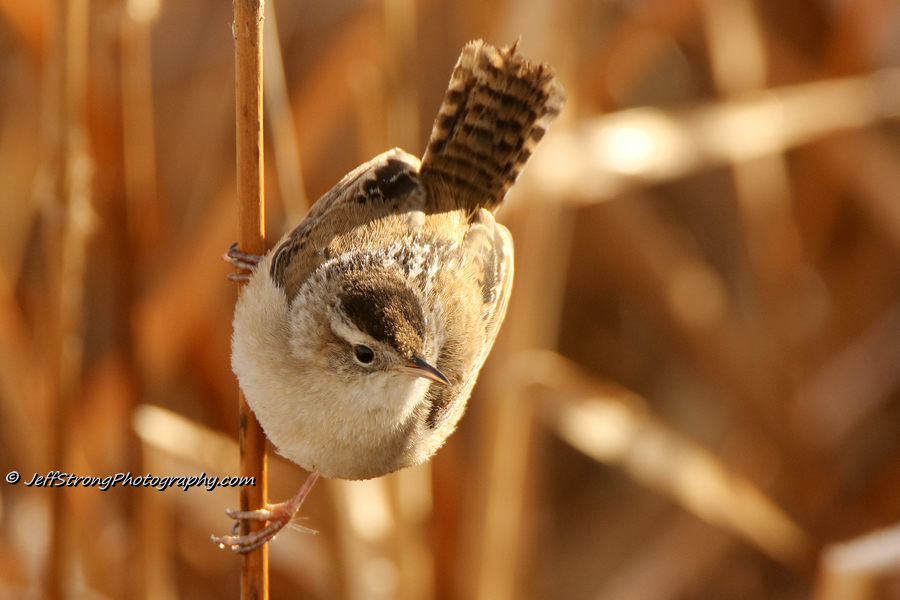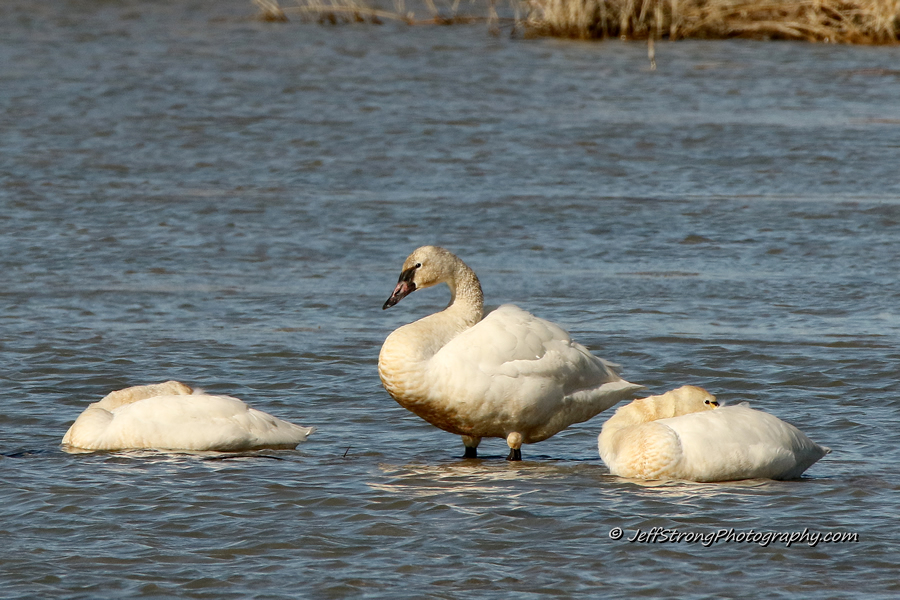If you are fortunate enough to visit, let’s hope you never have to use their phone.
The last time I was there, I picked up the receiver and got a dial tone so I’m assuming it’s for emergency purposes since you and this phone are literally 100 miles or more from civilization.
In one of the most inhospitable locations of Utah lays Fish Springs National Wildlife Refuge, one of the best bird-watching locations in the state.
I say one of the best because as of this writing, Fish Springs currently ranks first on eBird for Utah birding locations with 288 species of birds observed and recorded by other birders.
So far, Utah has 467 bird species observed and recorded on eBird, and having more than half of those species observed at Fish Springs NWR is quite remarkable, to say the least.
To put that into perspective, other places I blog about on this website that are located in the highly populated Wasatch Front and thus receiving many times over more birders are still below Fish Springs on the top birding spots for Utah.
For example, my favorite spot, the Bear River Migratory Bird Refuge auto tour route, is currently listed at number 4 on eBird with 257 bird species observed.
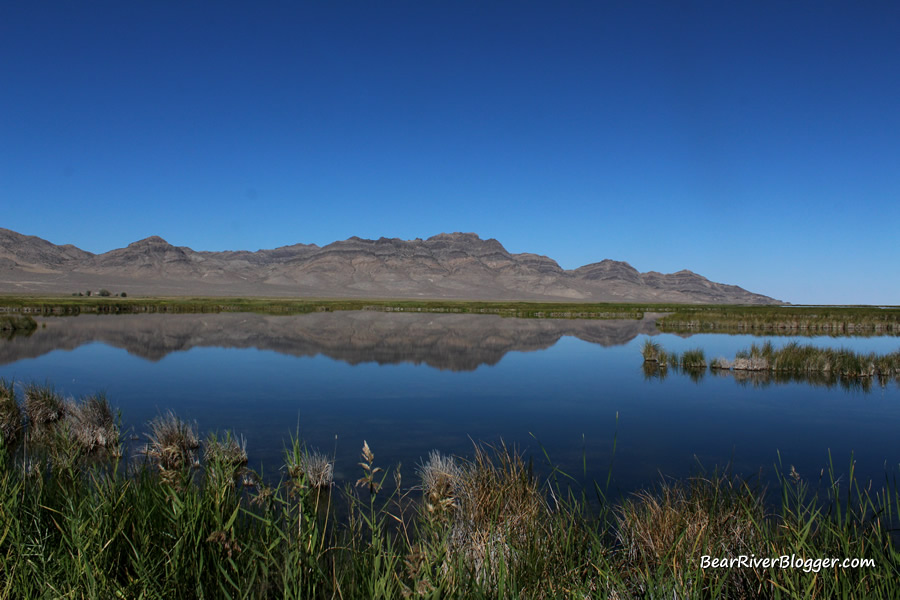
Antelope Island comes in at number 3 with 261 birds species and another location I blog about a lot, Farmington Bay WMA is currently ranked 6th with 252 species of birds observed and recorded so far.
So taking into account the remoteness of Fish Springs NWR and how many different bird species have been observed there despite a much lower visitation rate, it is definitely a birding hotspot for the state of Utah.
I’ve been to this remote wildlife refuge many times over the years and I find it to be one of my favorite places to visit, but one I rarely get to because of the distance and remoteness of its location.
For me, it’s a 4-hour drive from my front door to the entrance of Fish Springs, but one I take from time to time because I am after all, well, kind of a desert rat of sorts.
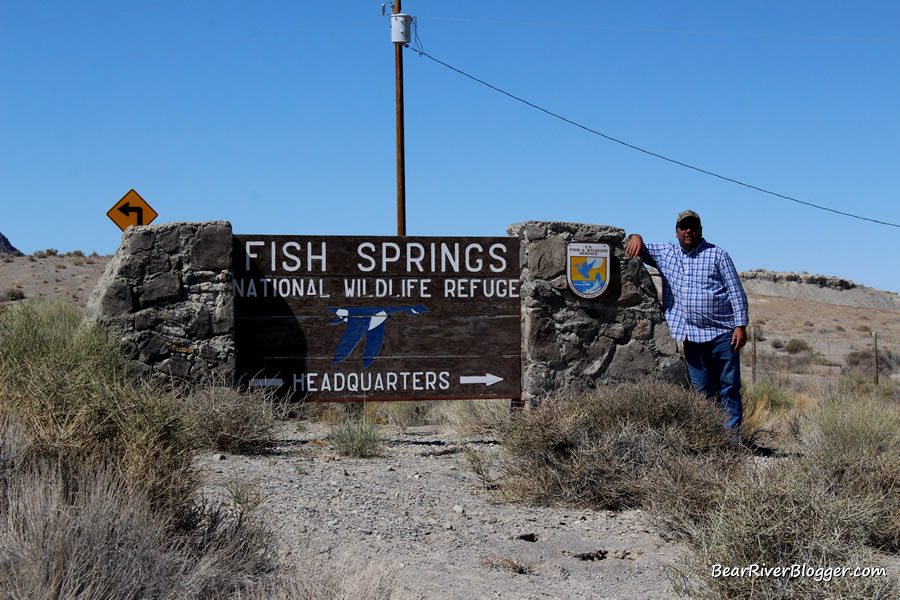
I love visiting places such as Fish Springs NWR that are quite remote but offer an opportunity to go bird-watching in an area rimmed with rugged and intriguing scenery.
At first glance when you come to the desert valley Fish Springs is located in, from far off it looks mostly flat and without much in the way of life.
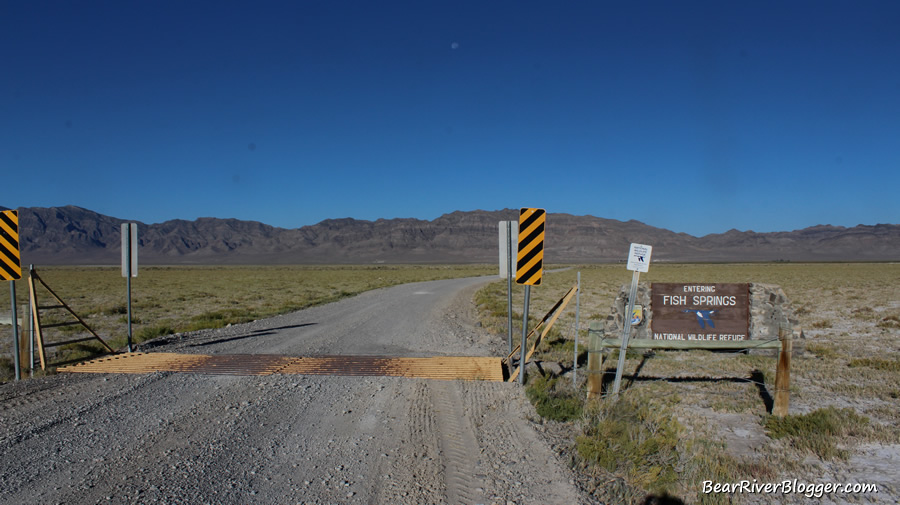
But as you approach the refuge wetlands, however, you will notice there are some trees around the headquarters and picnic area that attract birds that normally might not be thought of as being in a marsh habitat.
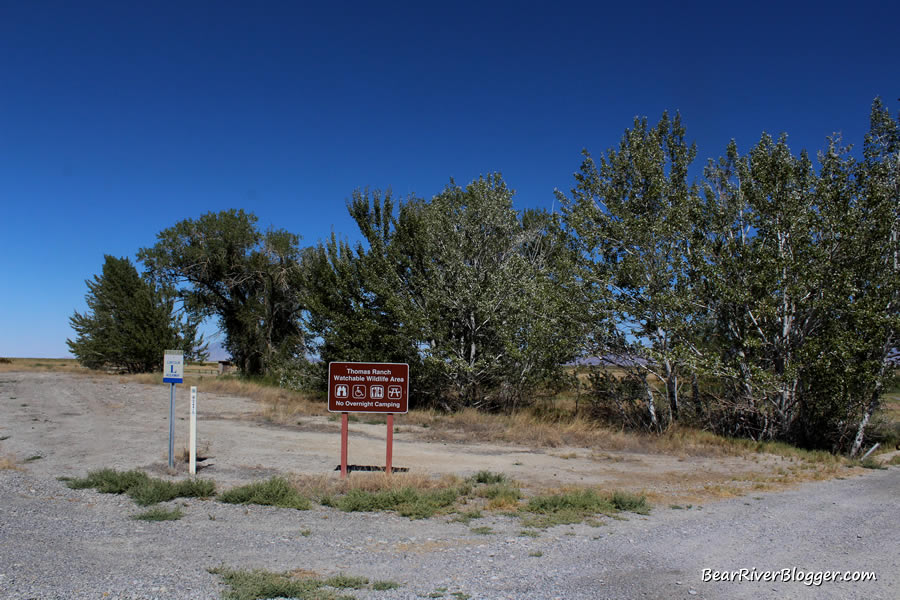
Fish Springs is approximately 18,000 acres in size with about 10,000 acres of that being a spring-fed wetland.
Great egrets, great blue herons, ducks, geese, migrating tundra swans, and a variety of other wetland species of birds are common here and can be seen on the self-guided auto tour route at various times of the year.
In fact, the most recent report posted on eBird even lists a bald eagle being observed on Fish Springs just 4 days ago.
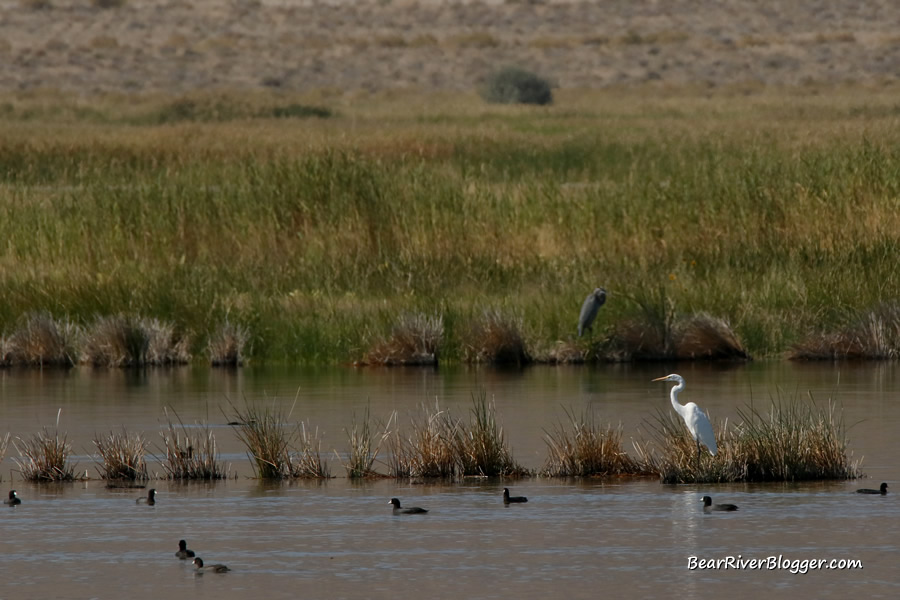
But I will admit when I do make the long trip to Fish Springs NWR, it’s not just to see great blue herons and great egrets, it is for the bird watching experience as a whole in an area I thoroughly enjoy.
I can most definitely see the same wetland birds on the Bear River Migratory Bird Refuge or Farmington Bay, but it is the whole experience of making the journey that is what Fish Springs is all about, at least in my book that is.
It is about bird watching but it’s also about enjoying the desert scenery, the history of the Pony Express Trail, and, of course, the opportunity to also cross paths with the wild horses of the Onaqui herd that live around the Simpon Springs area in the west desert.
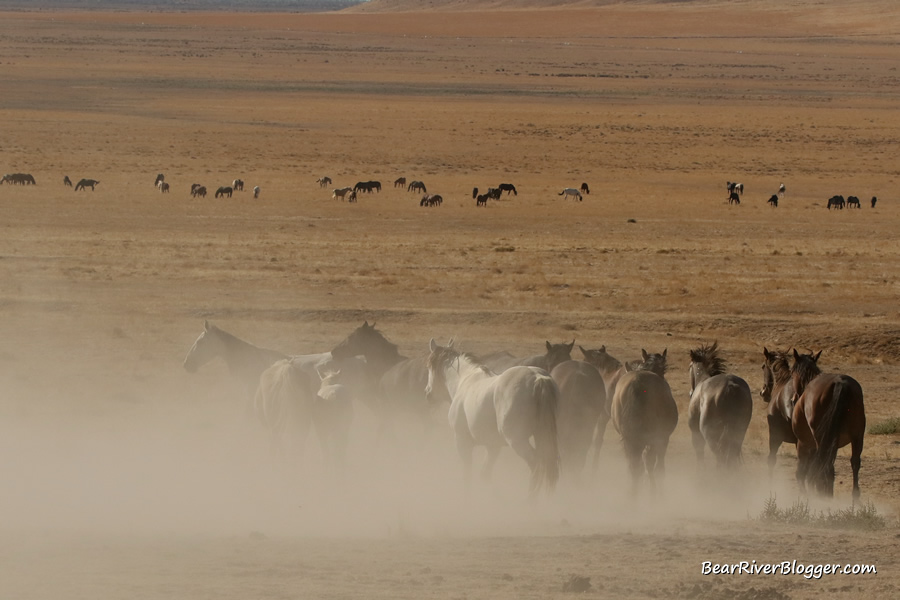
So, all in all, Fish Springs is a top bird-watching spot but so much more if you look at the big picture and take in all the remote desert region has to offer.
If you have any questions about Fish Springs National Wildlife Refuge, questions can be directed to the Bear River Migratory Bird Refuge office as they are overseeing both wildlife refuges at this time.
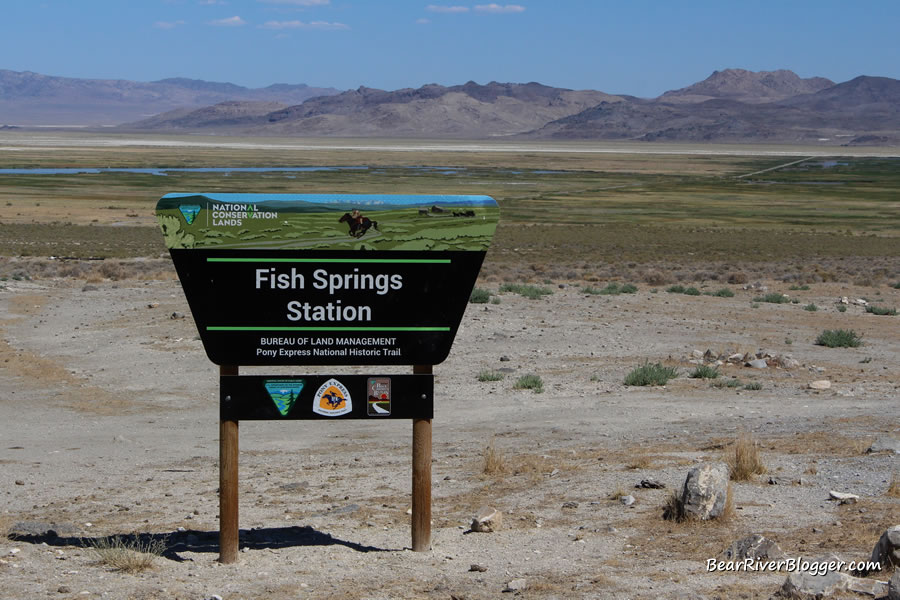
Lastly, being such a remote and desolate location, I never make the trip without taking along some extra food, water, and other supplies just in case an emergency happens.
I find there are places along the Pony Express Trail and even at Fish Springs NWR itself my cell phone does get limited service, but it’s nothing to count on as it is such a remote area and why I have to believe there is a land-line phone at the refuge headquarters area that, as of my last trip, still had a dial tone when I checked it.
If you are a bird watcher or nature lover such as I am, I offer you to head on over to my subscribe page and sign up for email notifications for future blog posts.
I also have a small but budding YouTube channel I occasionally post video updates on from time to time.
I appreciate your support and readership for our website.
Let’s Go Bird Watching Classic T-shirt, available in a variety of colors and styles. Visit our online store for more information or to make a purchase, and use coupon code save20 for 20% off for a limited time.
